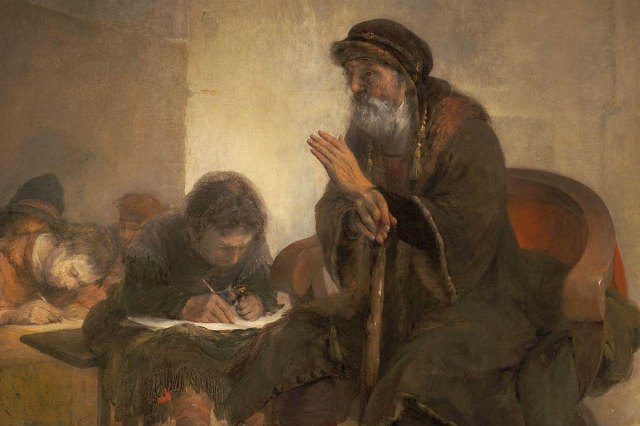Was Homer a Real Person?
For centuries, people have pondered one of the most enduring mysteries in literature: Was Homer, the legendary author of the Iliad and the Odyssey, a real person? Or is “Homer” simply the name we’ve given to a sprawling oral tradition, shaped and reshaped over time? The short answer is: No one knows for certain. But the long answer — rooted in a rich blend of linguistic clues, ancient traditions, and the remarkable staying power of two epic poems — is far more interesting. Here’s a look at the fascinating history and enduring legacy of Homer.

The Singular Homer
If Homer was indeed a real person, he likely lived around the eighth or ninth century BCE, possibly in Ionia, a region on the western coast of modern-day Turkey. Many ancient writers depicted him as a blind bard — much like the character Demodocus in the Odyssey — and tradition often claimed he was illiterate and his epic poems were passed down orally. His name first appears in the written record in the seventh century BCE, and several Greek cities, especially those in Ionia, claimed him as a native son.
There is no surviving contemporary biography, but ancient Greeks believed someone named Homer composed — or at least shaped — the Iliad and the Odyssey. These epics, delivered orally in a highly stylized and formulaic language, show what could be signs of a single organizing mind. Repetitive phrases like “rosy-fingered dawn” and “swift-footed Achilles” suggest a poet well versed in the techniques of oral storytelling, using set expressions to maintain rhythm and fluency in performance.
Still, not everyone has been convinced that one poet alone could have composed both the Iliad and the Odyssey. Even in antiquity, scholars noted that the two poems differ in style and subject: One is martial and tragic, the other picaresque and magical. Aristotle famously proposed that the Odyssey was the work of Homer’s old age. Others have suggested that the poems were built up over time by many voices, with Homer serving as the principal architect — or perhaps just the most famous name attached.




















